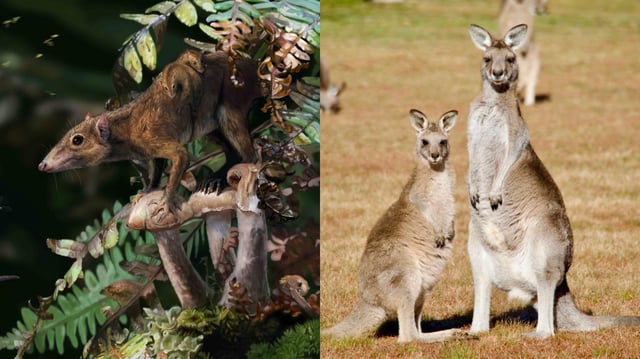Overview
- A University of Bristol study found that mammals began adapting to terrestrial lifestyles millions of years before the asteroid impact 66 million years ago.
- Researchers analyzed small fossilized limb bone fragments from marsupial and placental mammals in Western North America, revealing behavioral shifts toward ground-based living.
- The spread of flowering plants, or angiosperms, transformed ground habitats and played a key role in driving mammalian evolution during the late Cretaceous period.
- The study introduced a novel methodology by using small bone fragments to analyze locomotion patterns, offering insights into community-wide behavioral changes.
- The findings challenge previous assumptions that dinosaur interactions were the primary influence on mammalian evolution, emphasizing vegetation-driven habitat changes instead.
